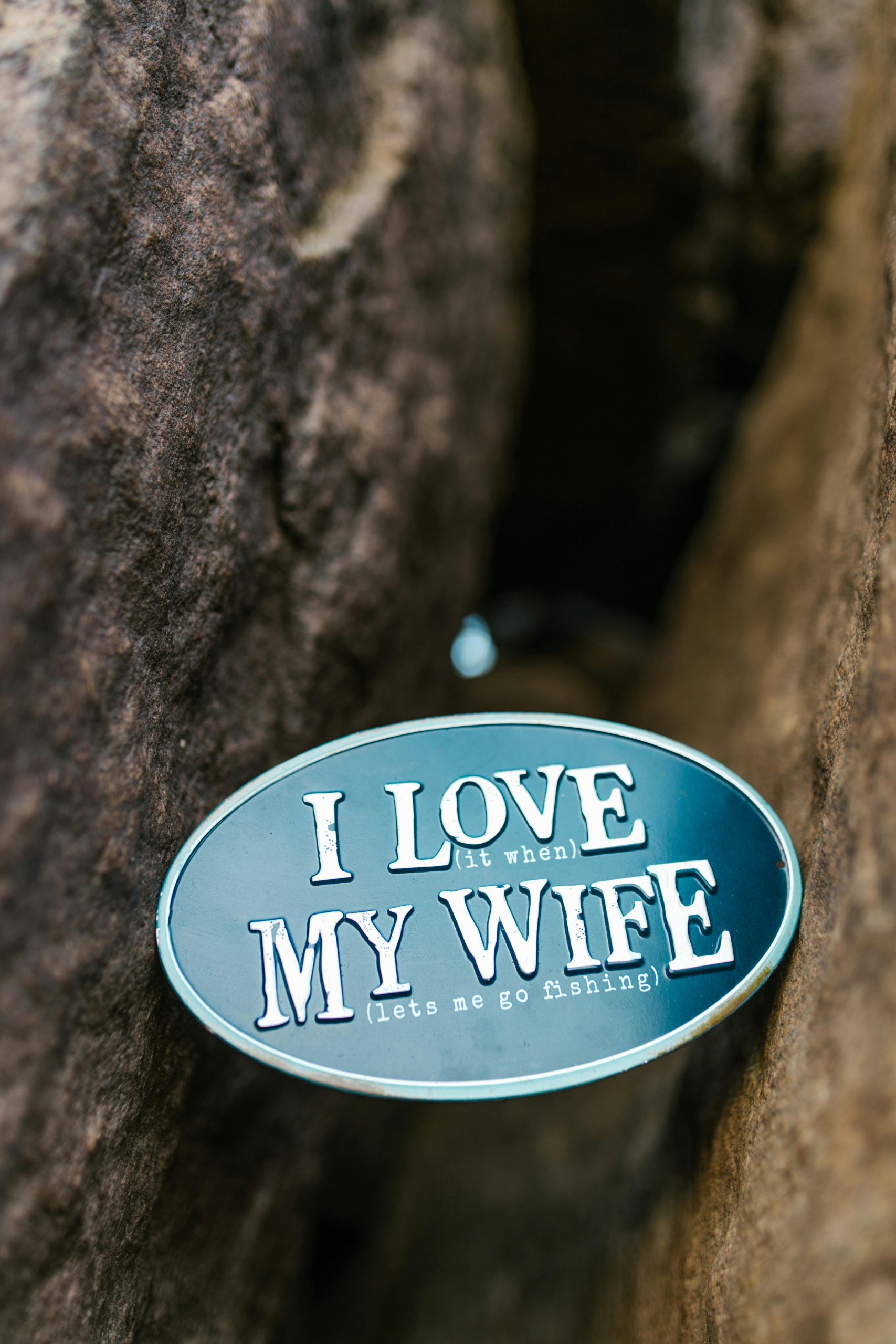We are gathering submissions for a study focused on nicknames and colloquial terms for towns and places in Berkshire, such as The Ding for Reading and Cracknell for Bracknell. We want to compile a variety of names, including those from small villages and unique geographic features.
Your contributions can include names that are silly, juvenile, or even offensive—it all counts! This research will contribute to a colloquial atlas and linguistic analysis that explores our playful use of names. We are particularly interested in naming patterns, such as the tendency to add suffixes like -y, -s, -o, or -ers (examples include Woky, Maido, and Brackers).
Please remember that names do not need to be common, popular, or clever; they merely need to be documented. We know there are nicknames you’ve encountered that aren’t yet on our list!
Here’s what we have collected so far:
- Reading: The Ding, Dreading
- Slough: Slug, Sluff
- Bracknell: Cracknell, Brackers
- Maidenhead: Maids, Maiders, Maido
- Wokingham: Woky, Woko
- Newbury: Newbs, Poobury
- Woodley: (Need suggestions)
- Windsor: Whinger?
- Thatcham: Thatch
- Sandhurst: Sanders
- Crowthorne: (Need suggestions)
- Ascot/North Ascot: ‘Scot
- Twyford: (Need suggestions)
- Wraysbury/Old Windsor: (Need suggestions)
- Sunninghill/South Ascot: (Need suggestions)
- Burghfield Common: (Need suggestions)
- Sunningdale: (Need suggestions)
- Cookham: (Need suggestions)
- Hungerford: (Need suggestions)
- Datchet: Datshit, Dahshay
- Tilehurst: Hurst
- Caversham: Cavey, Cavo
Feel free to share any additional nicknames or colloquial names you know that aren’t already included!

This sounds like a fascinating study! Here are a few additional nicknames and colloquial names for places in Berkshire that may be of interest to you:
It’s interesting to see how these nicknames evolve and how they can reflect the characteristics or perceptions of the place!
What a fantastic initiative to gather and document the unique nicknames and colloquialisms of Berkshire! The linguistic richness found in local names often reveals much about community identity, history, and even social dynamics. For instance, I’m intrigued by the nicknames “Dreading” for Reading—this could provide insight into perceptions or experiences tied to the town.
Additionally, it might be interesting to explore any patterns in these names that could reflect broader cultural or regional influences. For example, are there certain suffixes that are more common in areas with particular historical contexts, such as military ties or industry?
I’d also like to contribute the nickname “Wooly” for Woolhampton, which captures the village’s pastoral charm—an example of how local traits can influence naming. It may be worth considering creating subcategories of nicknames, such as those derived from historical events or famous figures associated with the area, to deepen the analysis.
I’m eager to see how this colloquial atlas evolves and the conversations it sparks about our shared linguistic heritage. Keep up the great work—this is a contribution that will provide value to both researchers and the local community!
This is a fascinating project! The way local nicknames reflect the character and culture of a community adds such depth to regional identity. The playful patterns you mentioned, like the use of suffixes, are a rich area for exploration. I’d love to see how these nicknames not only serve as identifiers but also as a source of pride or humor among residents.
One nickname that comes to mind for Wokingham is “Woky Dot,” which some of the locals fondly use, especially when reminiscing about childhood memories in the area. For Twyford, you might encounter “Twy” affectionately thrown around, often used in casual conversation.
Additionally, I suggest considering the evolution of these nicknames over time—have any of them changed in meaning or frequency? This could provide insight into shifts in community dynamics or demographics. Any thoughts on how social media influences the creation and propagation of these local terms? I’m excited to see the final compilation and how it might inspire a sense of community among residents of Berkshire!
What a fantastic initiative! The study of local nicknames not only serves to document linguistic quirks but also enriches our understanding of community identity and social dynamics. It’s fascinating how nicknames can reflect both affection and rivalry, revealing deeper cultural narratives.
One aspect that could be interesting to explore further is the origin of these nicknames. For instance, the name “Dreading” for Reading may hint at a playful take on its reputation, while “Slug” for Slough could stem from an inside joke or local tale. Engaging with longtime residents to uncover the stories behind these names could provide valuable context and add another layer to your colloquial atlas.
Additionally, I wonder if there are shifts in these nicknames over time—are younger generations adopting or abandoning them, and how do social media and pop culture influence these changes? Understanding the evolution of these colloquialisms could lend even more depth to your analysis.
Looking forward to seeing the compiled work! If I can think of any additional nicknames, especially in the lesser-known areas, I’ll be sure to send them your way. Keep up the great work!